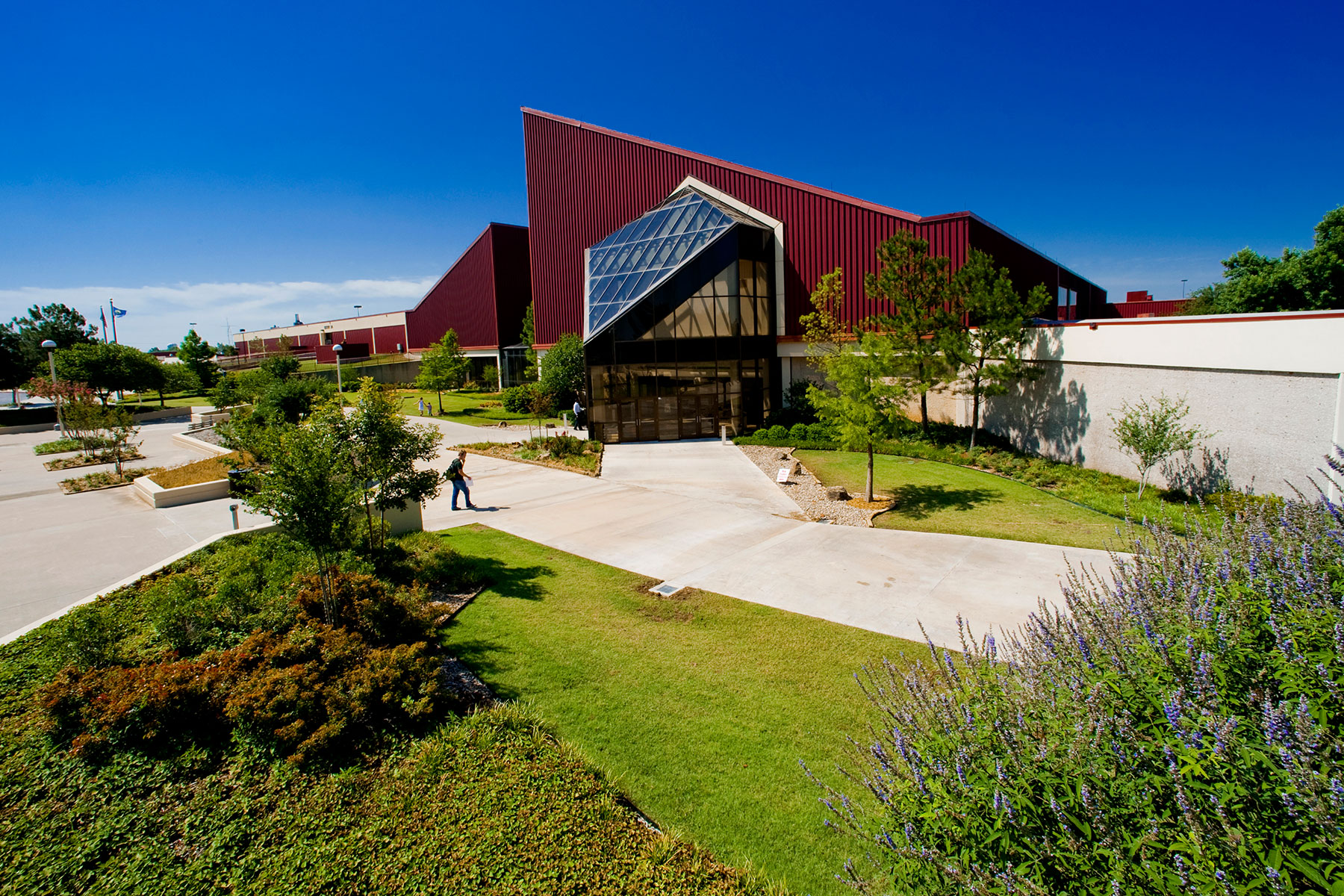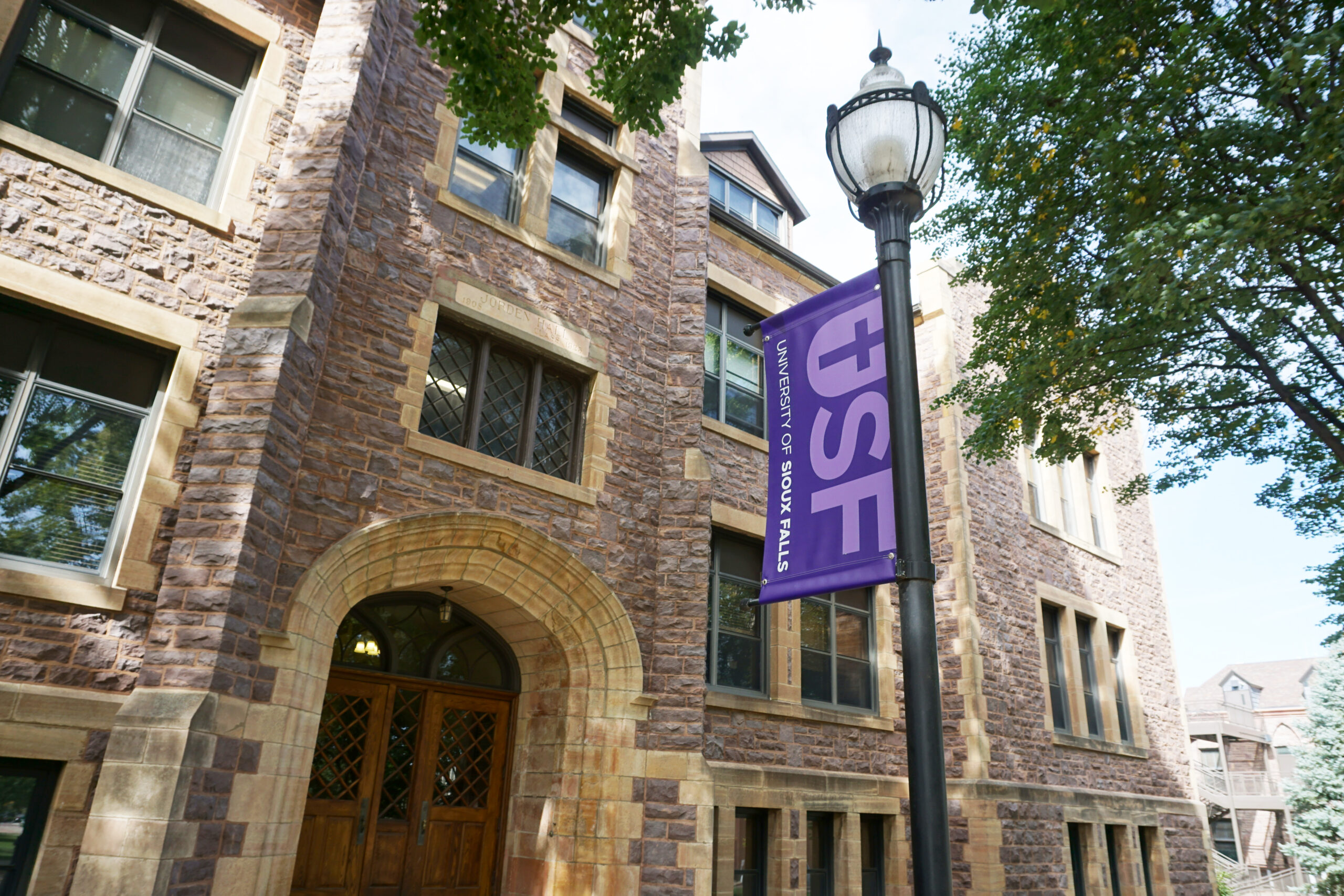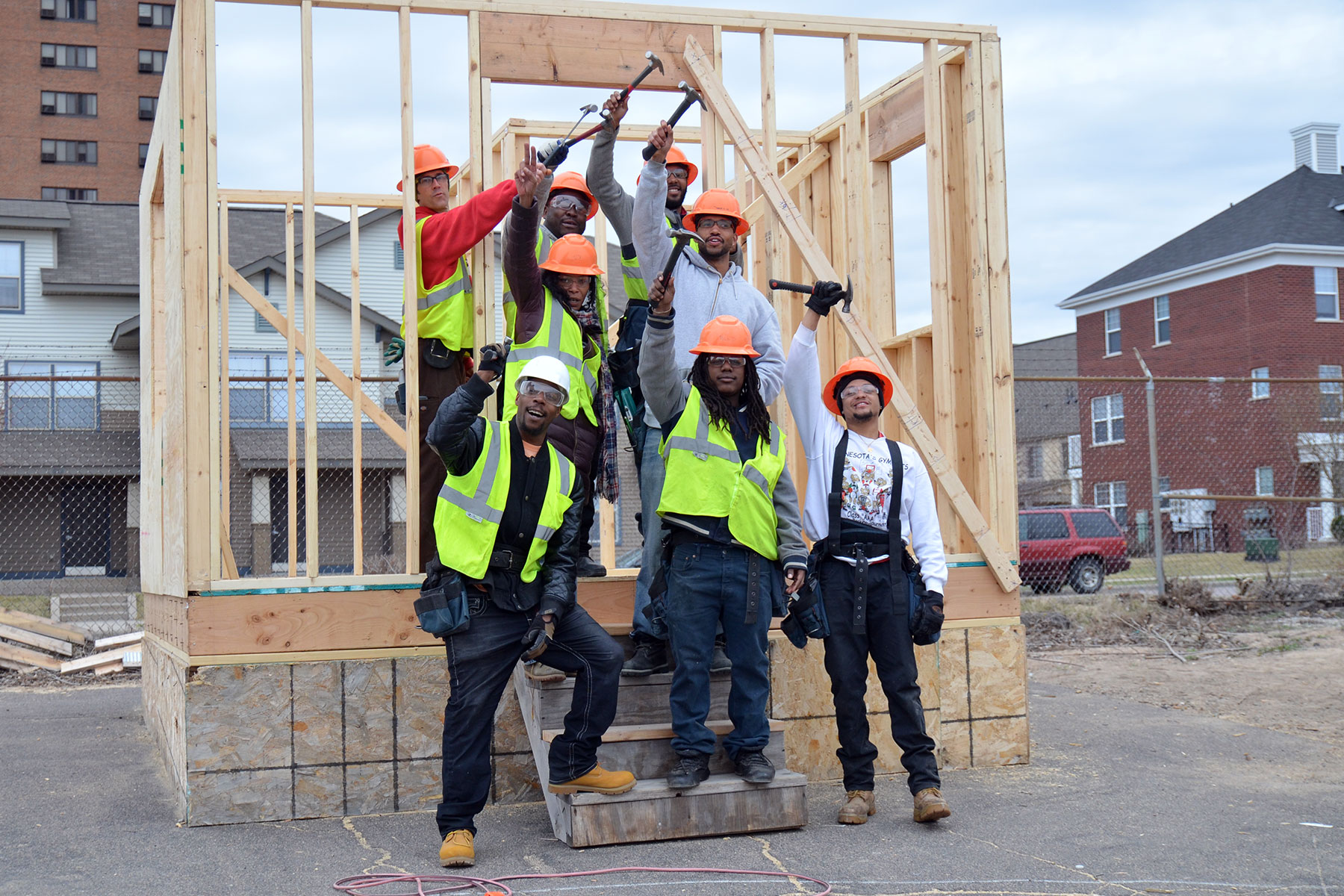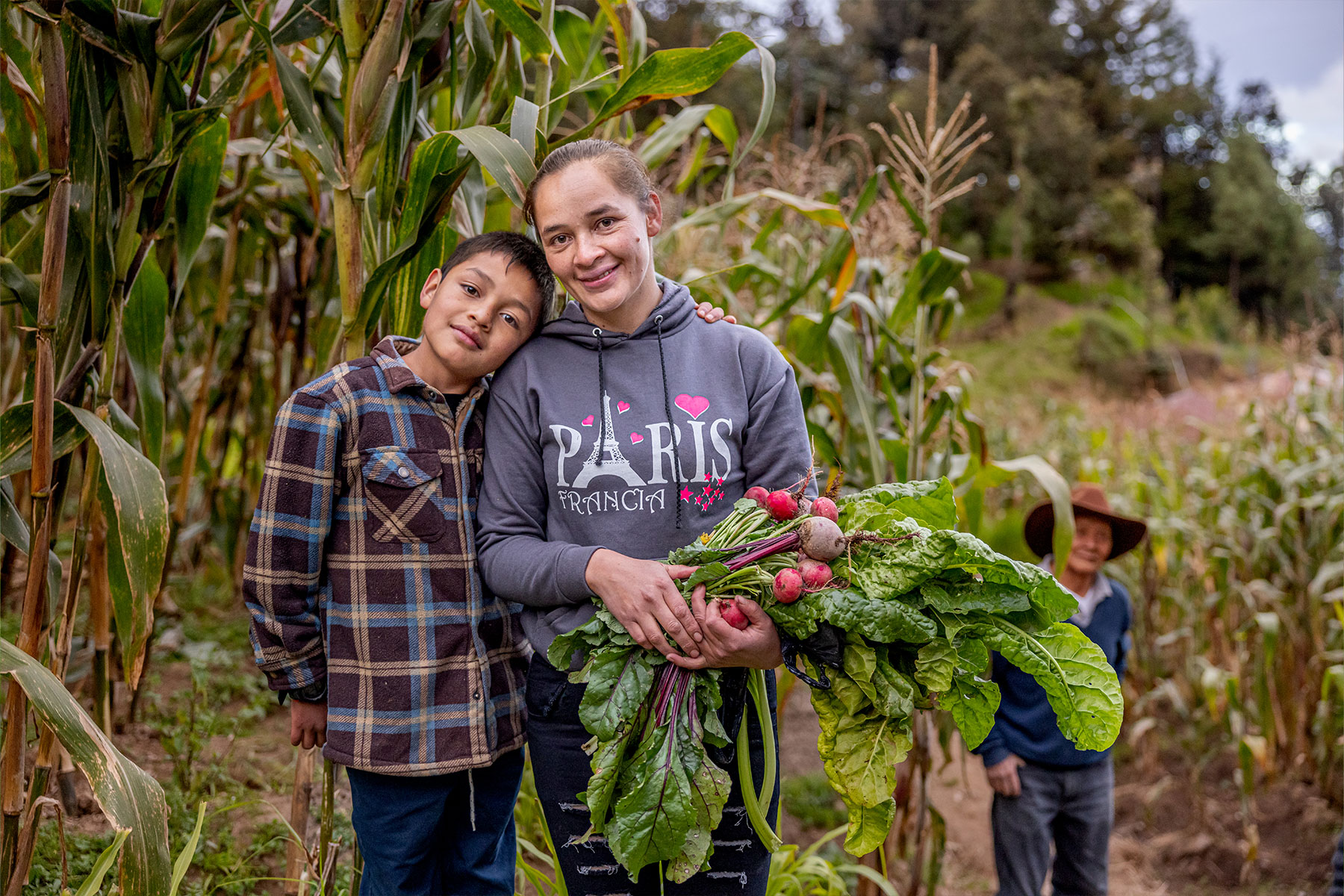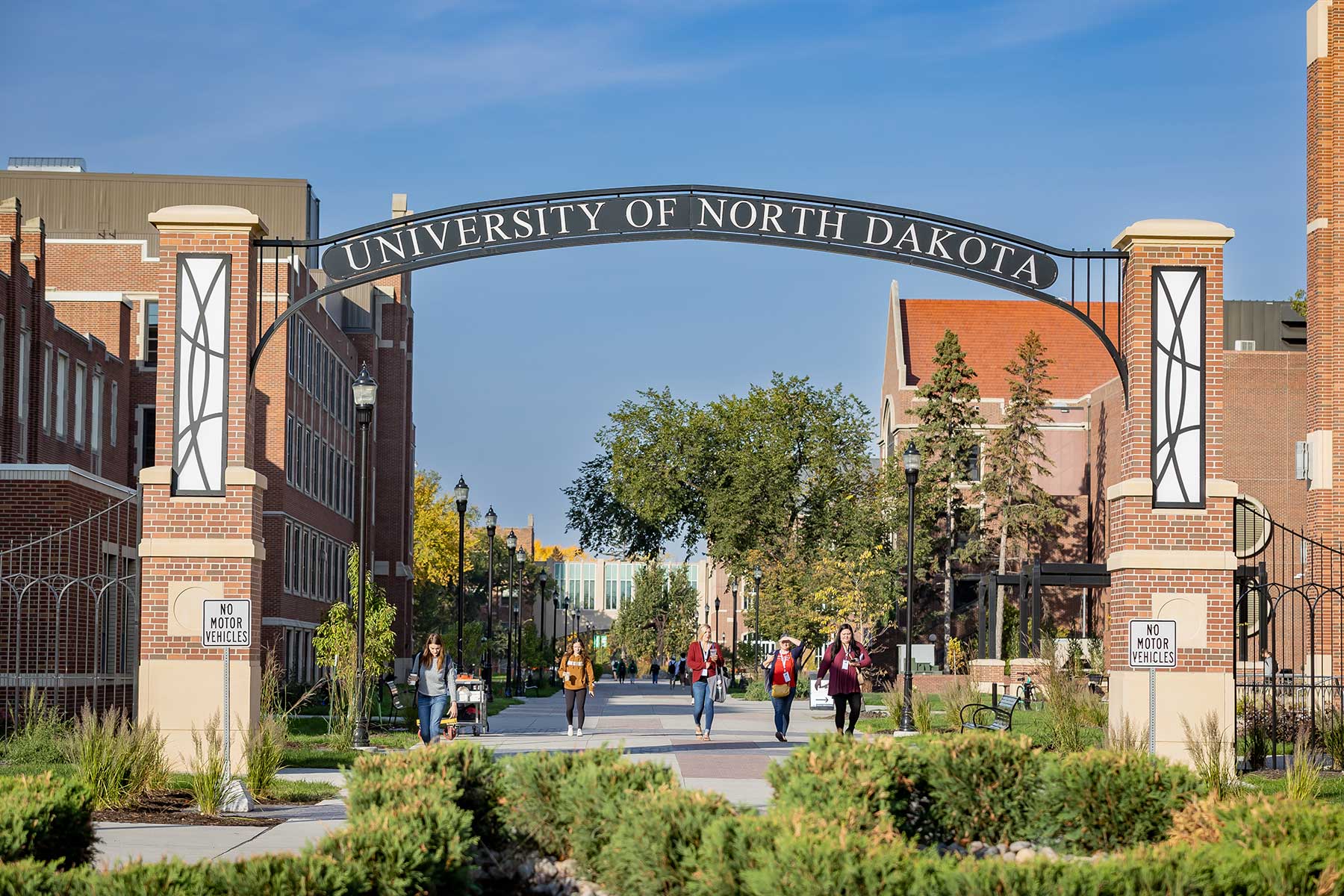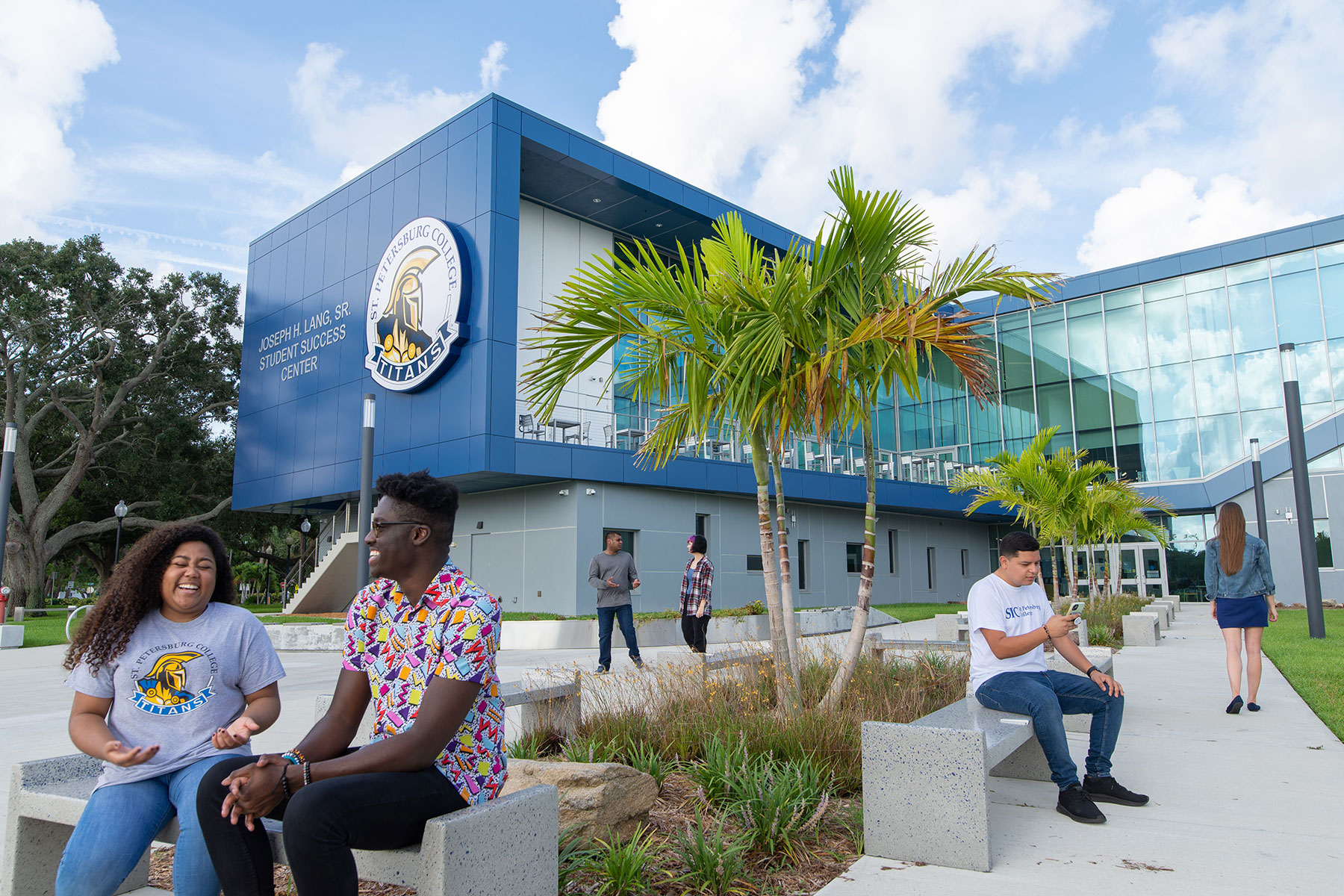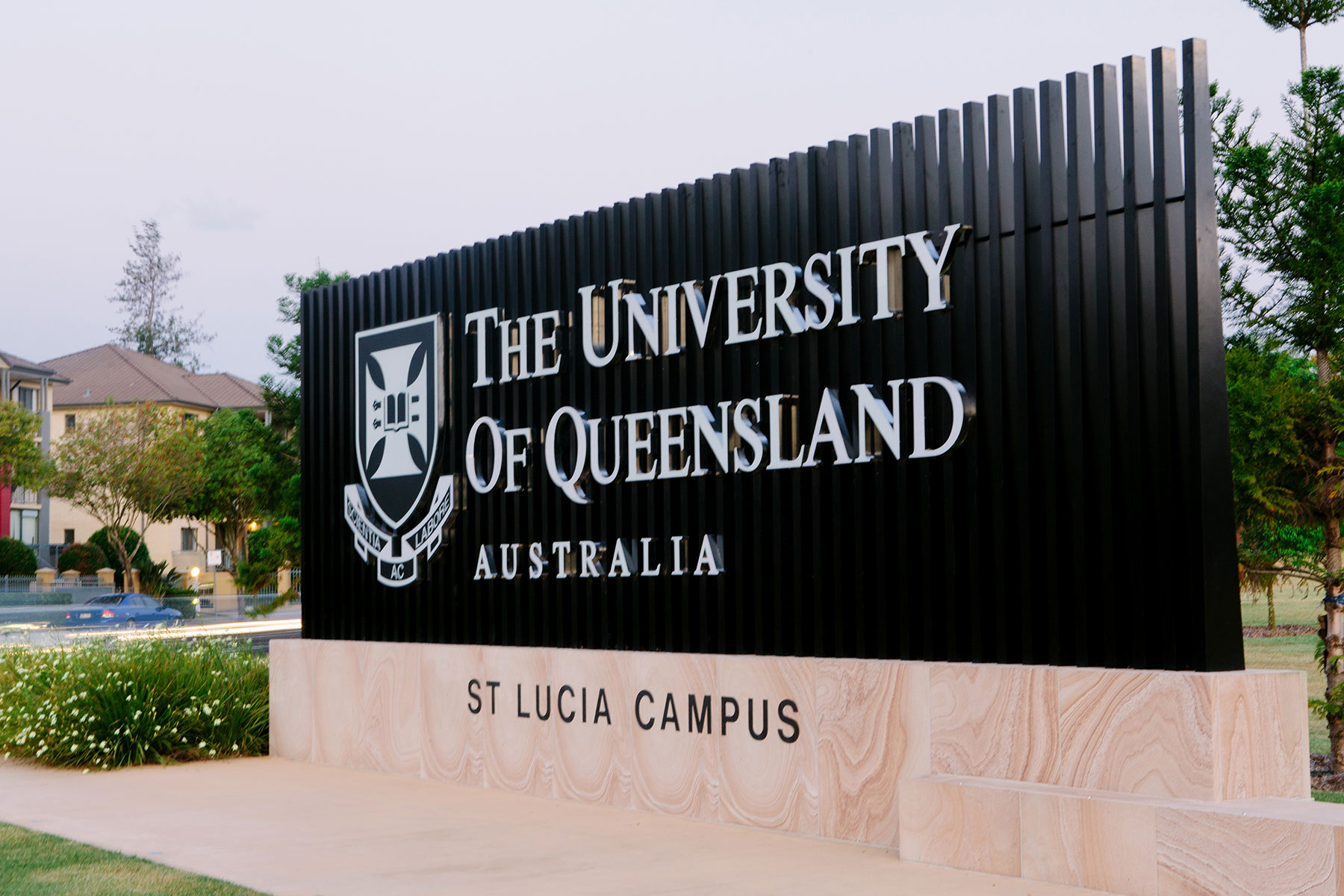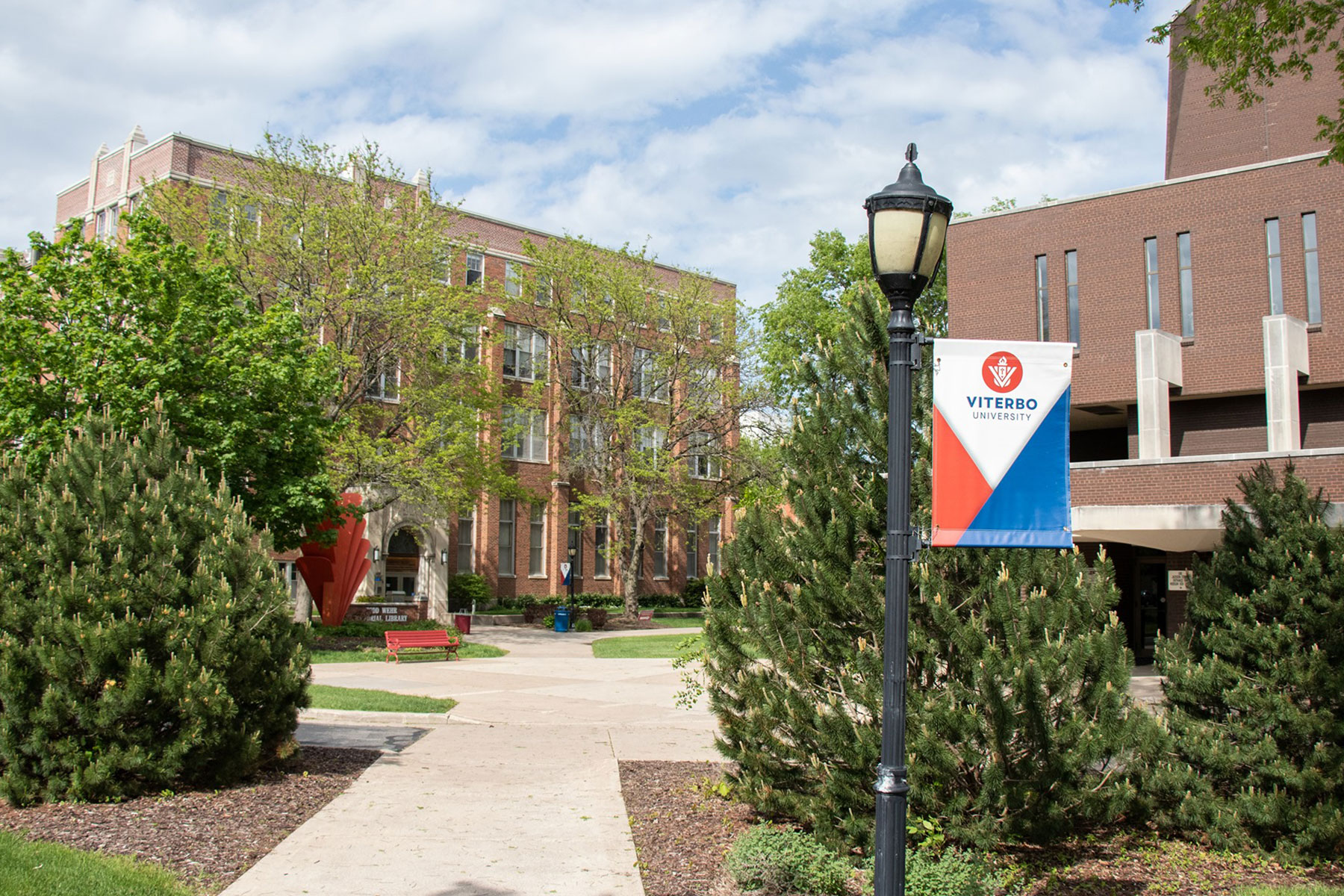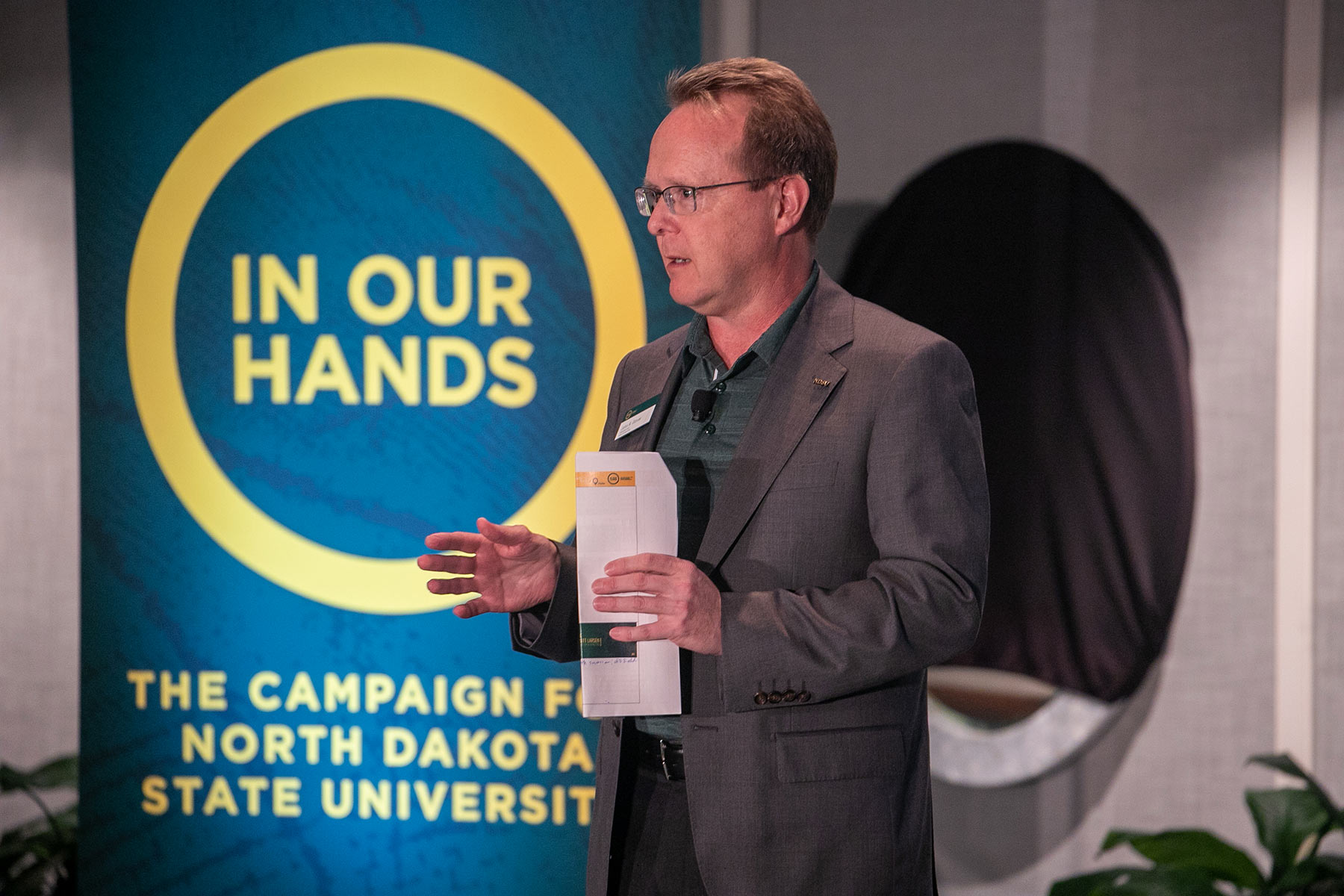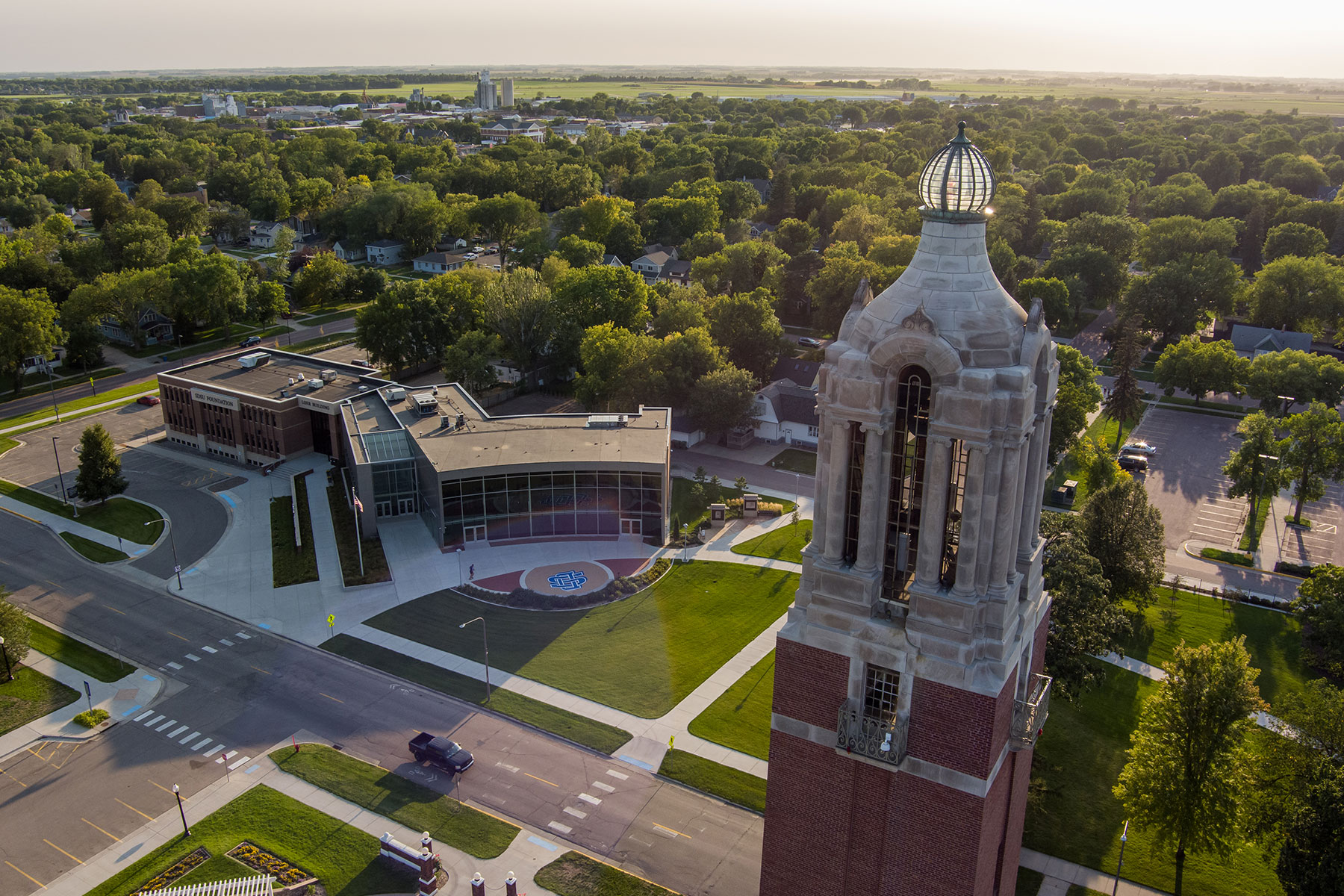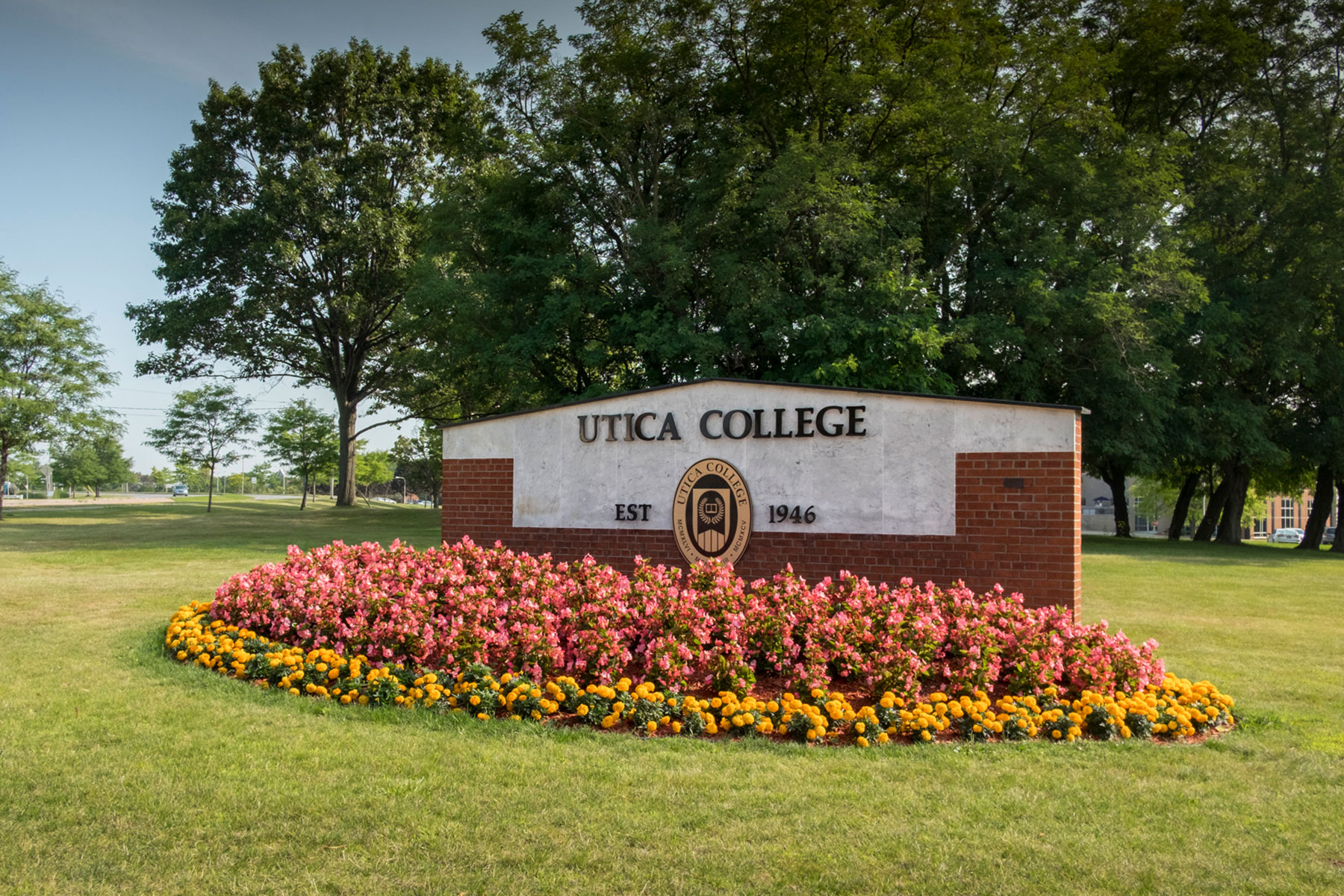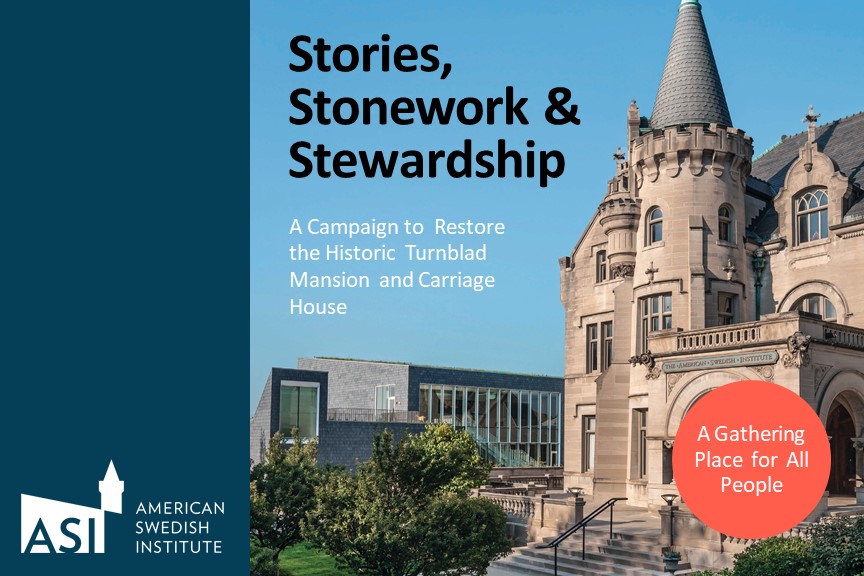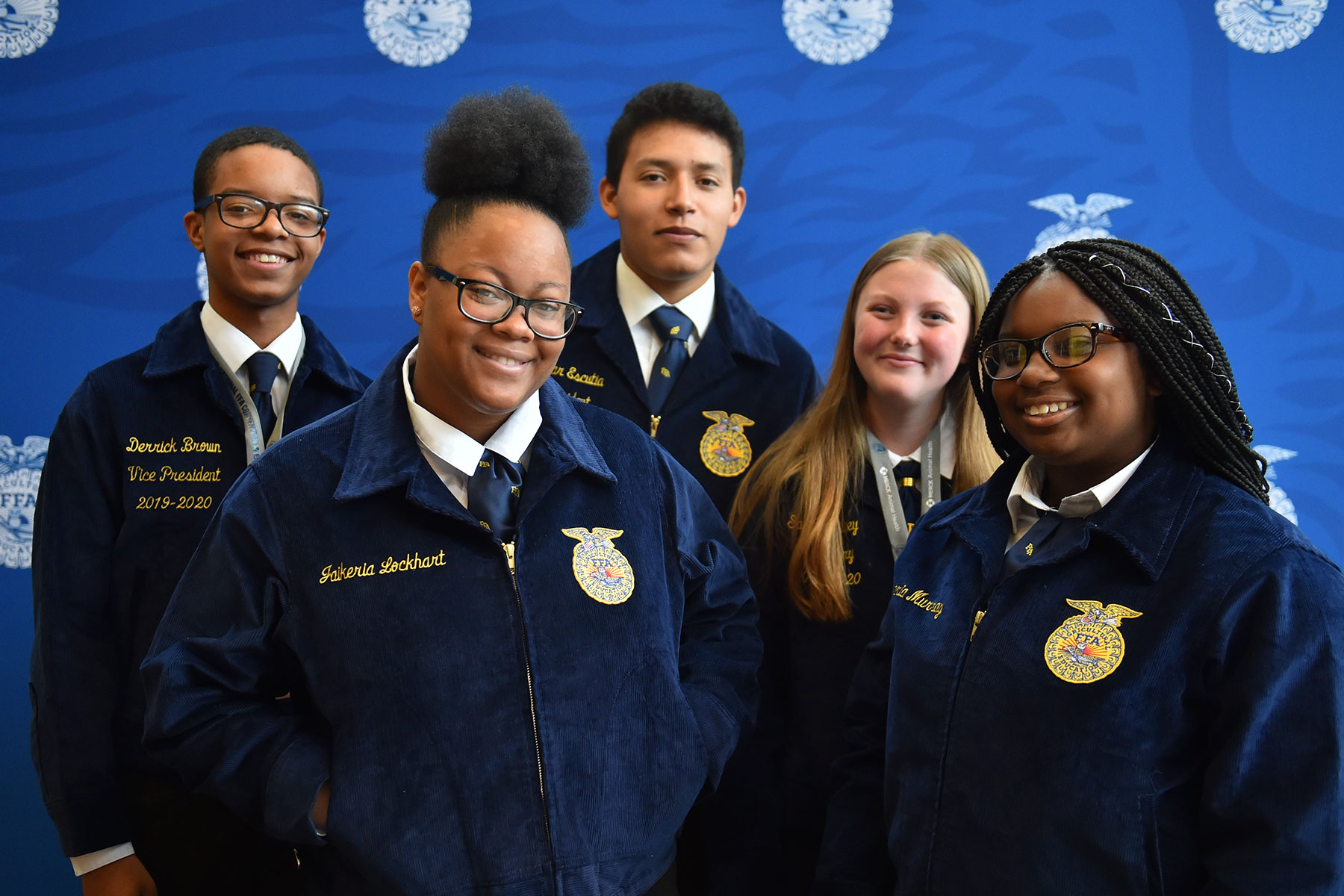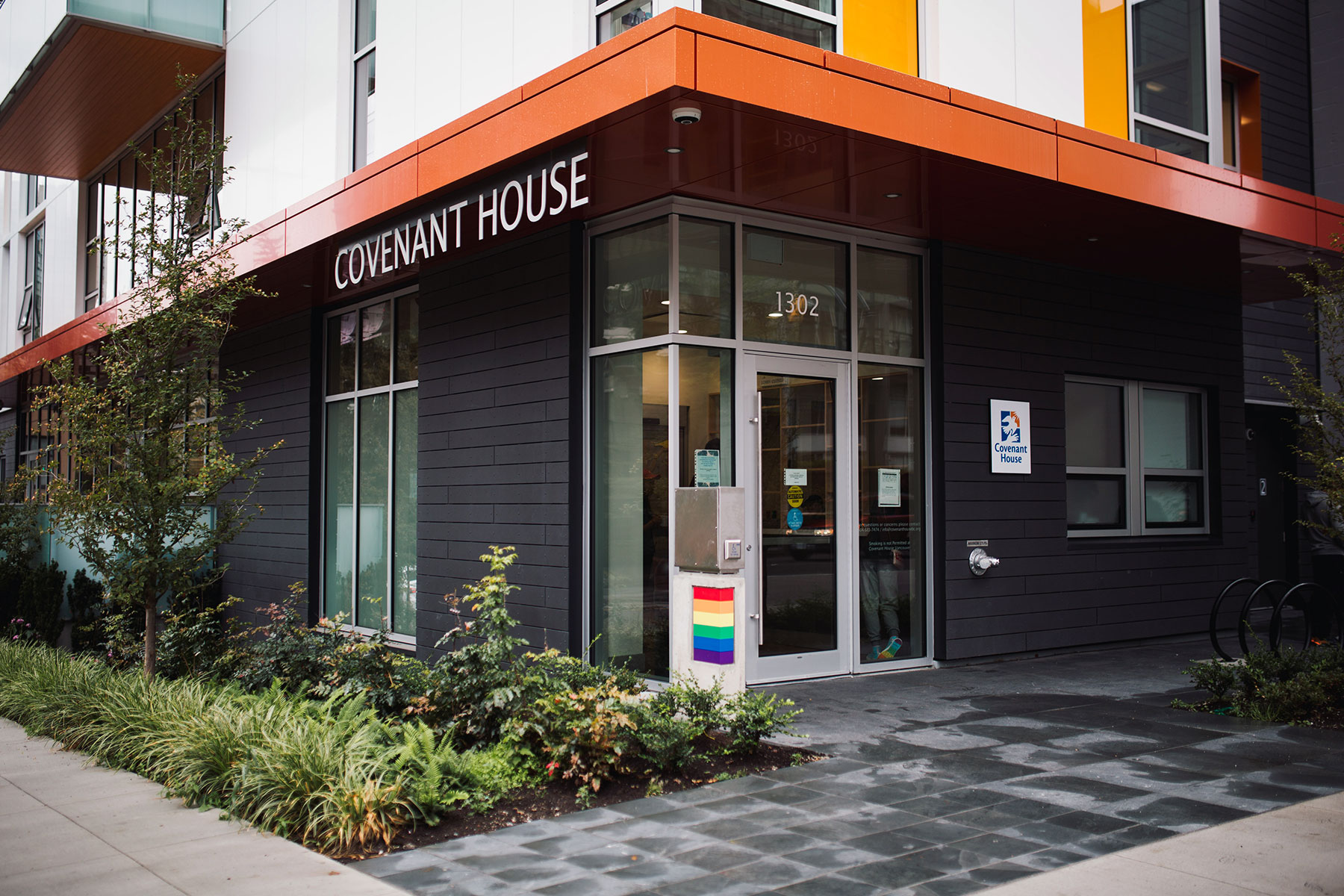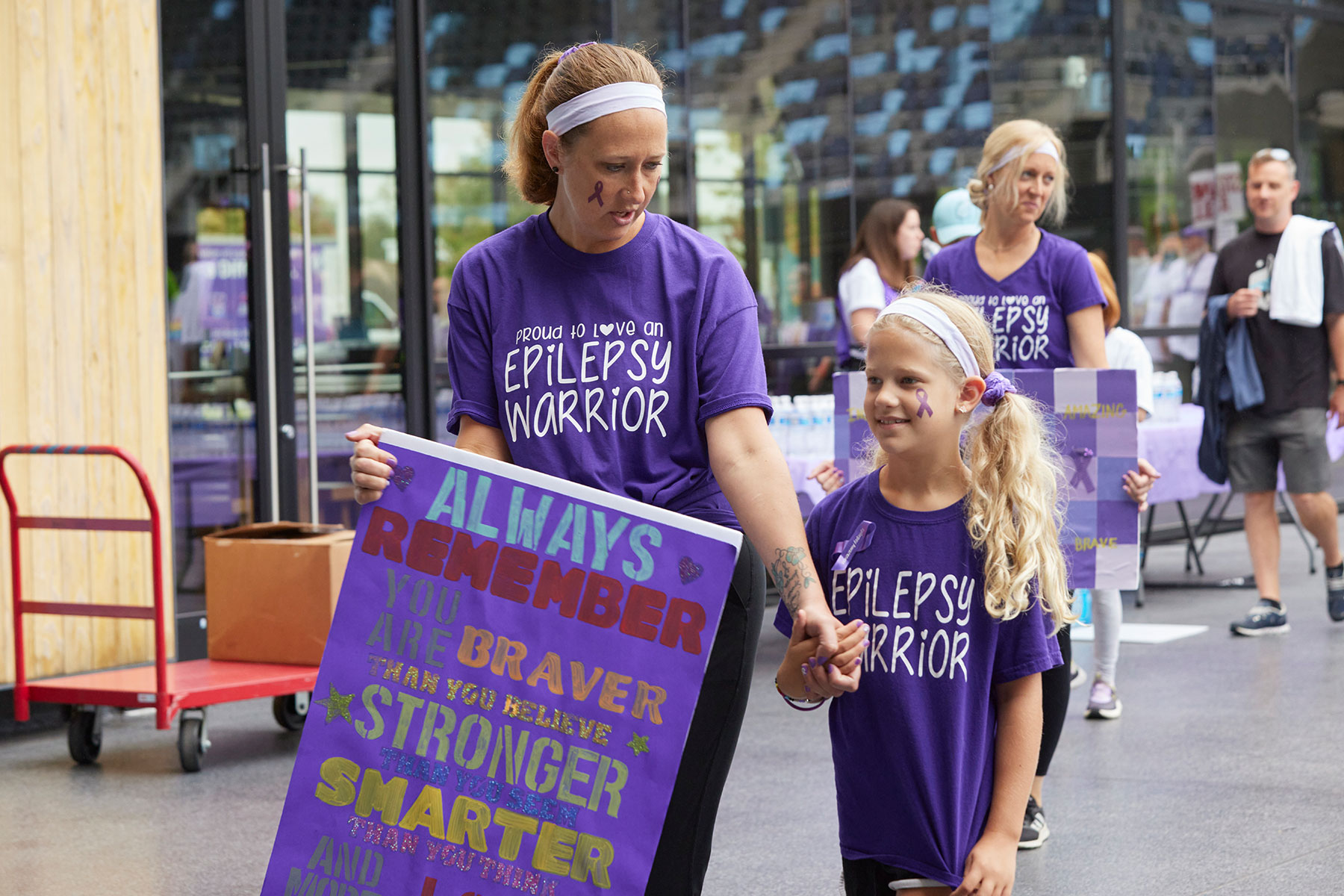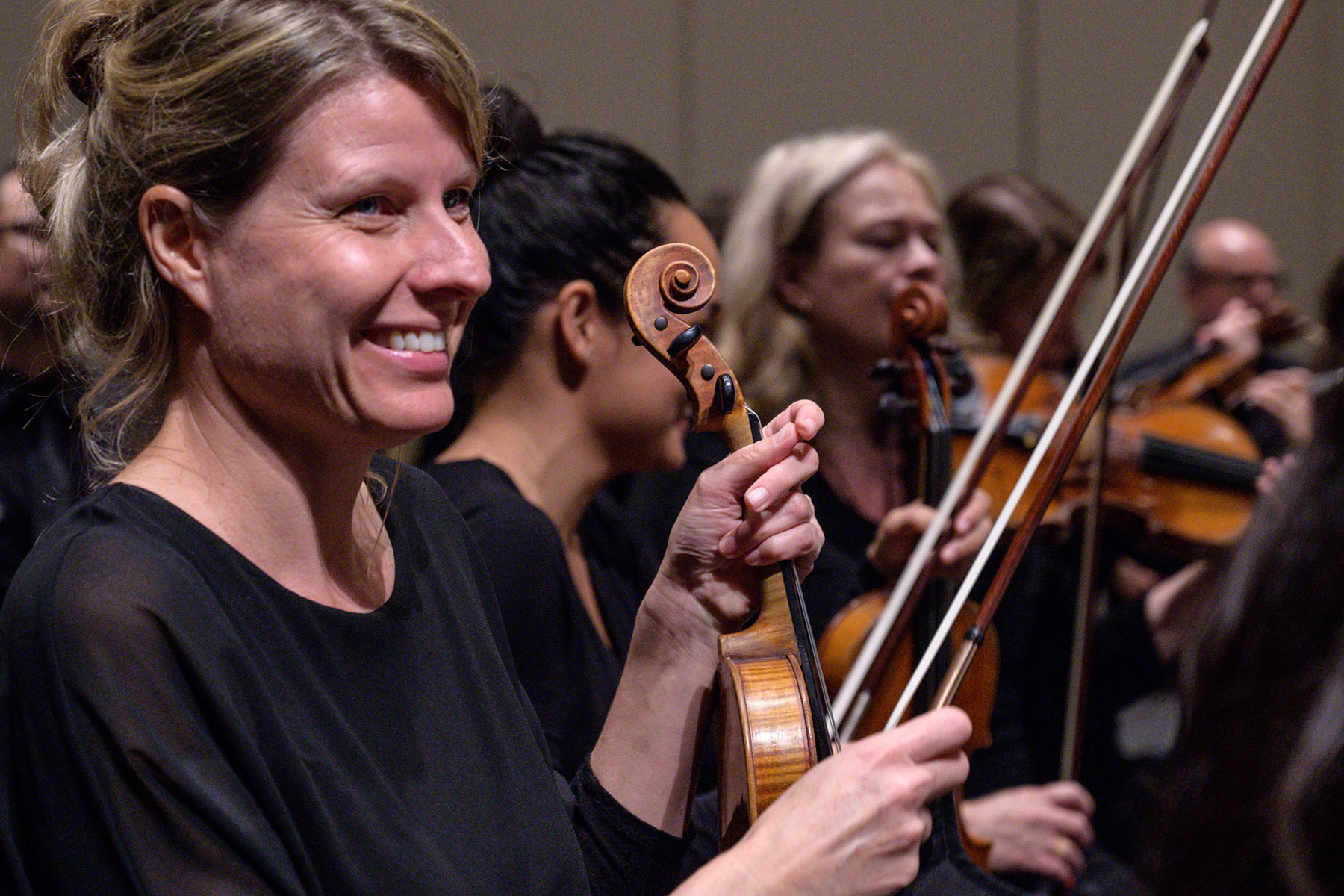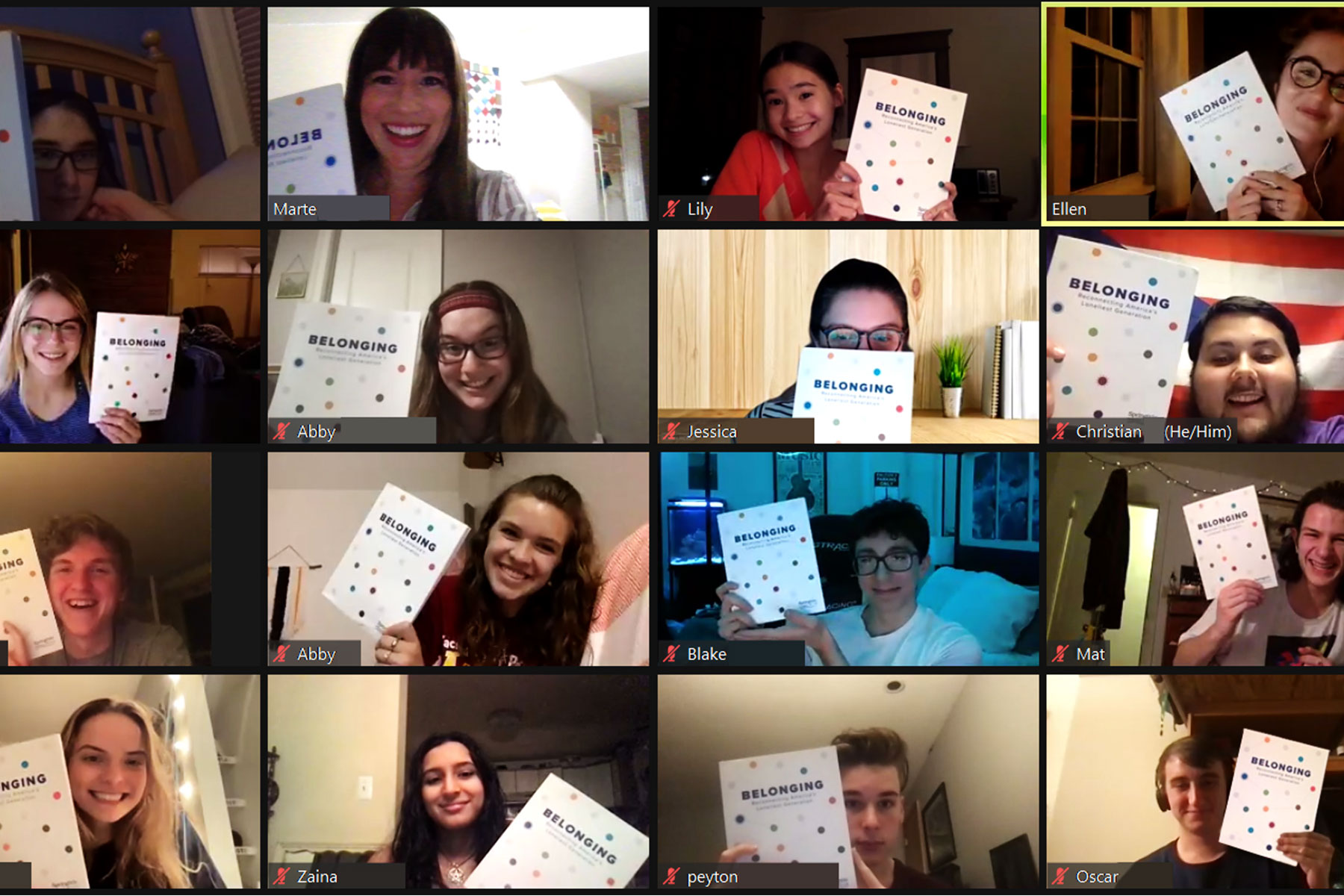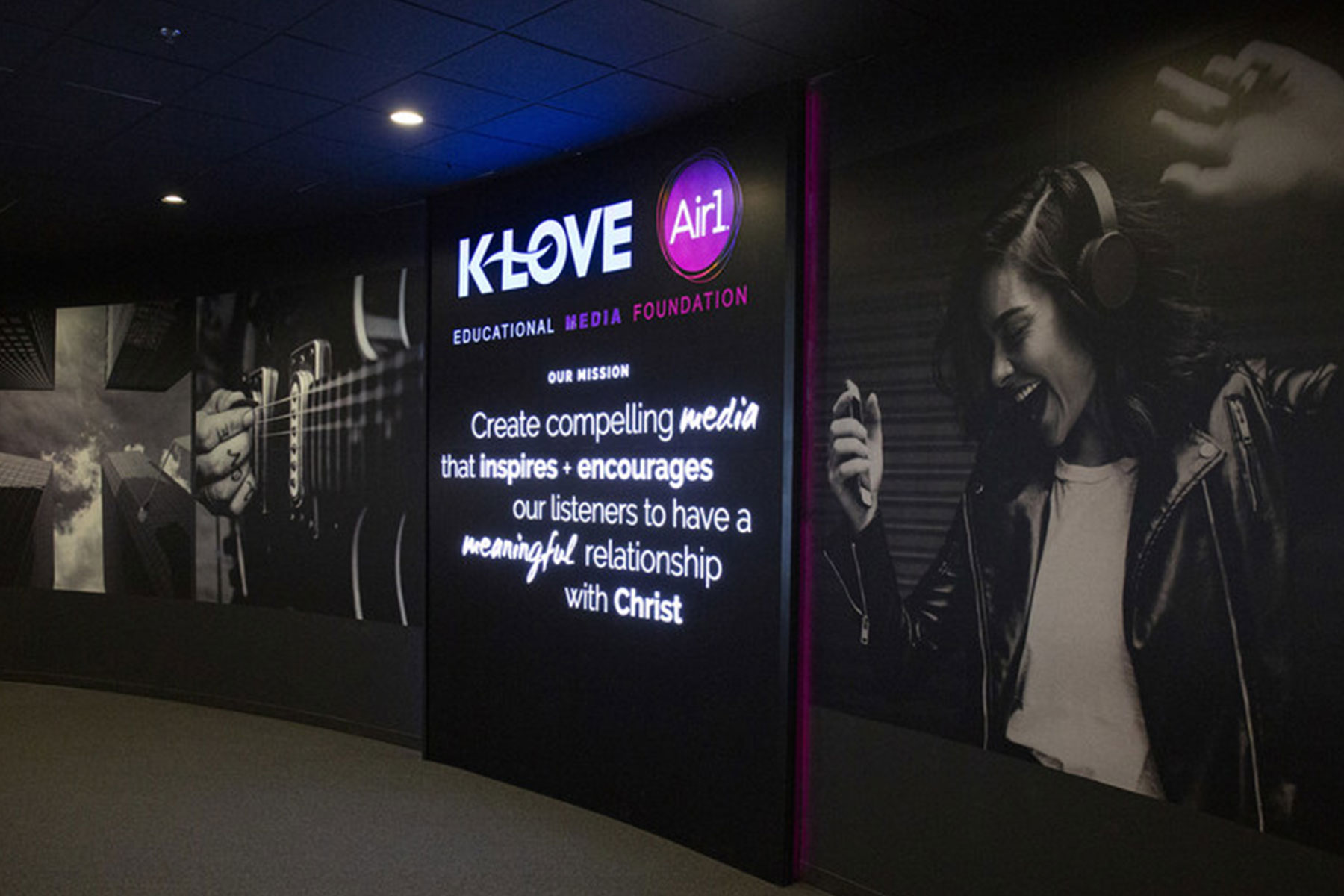Client Spotlights
Oklahoma City Community College
Under new presidential leadership, Oklahoma City Community College (OCCC) began reconsidering its strategic goals and how best to fulfill its mission. OCCC used consultants to conduct a fundraising assessment and facilitate an inclusive strategic planning process.
Queens University of Charlotte, Advancement
Queens University of Charlotte converted to Slate several years ago. However, a particularly short implementation period coupled with turnover among Slate captains led to the new Advancement instance not being fully leveraged. The team was eager to gain assurance in their system setup on a foundational level, and to then move toward properly maximizing Slate’s functionalities to serve their needs. They sought external counsel in BWF to both assess their system and implement the necessary changes identified in the assessment.
University of Sioux Falls
As the University of Sioux Falls (USF) considered launching a capital campaign beginning in 2019, a number of issues arose that needed to be attended to in order to achieve the philanthropic goals initially established by the university. USF later partnered with BWF to conduct a campaign planning study that provided recommendations on a campaign working goal and timeline.
Summit Academy OIC
Summit Academy OIC leaders understood that major philanthropic support would be needed to scale up its services and programs. A campaign planning study would allow them to test the campaign vision and then go on to build the organization’s fundraising capacity.
Phoenix Children’s Foundation
Phoenix Children’s Foundation wanted to implement a business intelligence platform that would automate report generation and expedite accessing information in near real time. BWF provided a multi-year, progressive technology roadmap and a sustainable business model to advance fundraising through BI and data science.
Mississippi State University
In FY23, Mississippi State University (MSU) completed its most successful fundraising year in its history. The $259.9 million MSU raised far exceeded expectations and broke the state’s single-year fundraising record.
Furman University
Furman University’s development team went in search of ways to streamline and simplify campaign reporting to improve decision making, get faster access to data, and increase efficiency.
Corus International
Corus International had been utilizing various manual processes to prepare reports for its fundraising organizations Lutheran World Relief and Corus World Health. They needed a solution that would automate that work and provide one source of truth for data.
A Leading Children’s Hospital
One of the nation’s leading children’s hospitals was looking to elevate its year-end fundraising campaign. The annual giving team wanted to grow year-end fundraising and build a pipeline of future supporters. To do that, the team sought a partner that could provide digital marketing counsel and implementation services.
University of North Dakota
In 2013, the University of North Dakota (UND) concluded its first comprehensive campaign, raising $324 million towards a $300 million goal. Three years later, having taken fundraising to a new level, university leadership commenced with planning for the next comprehensive campaign, again ultimately working with BWF as campaign counsel as they had done in 2013.
Iowa State University Foundation
After implementing Salesforce, Iowa State University Foundation wanted a third-party assessment of its structure and skills to inform long-term priorities for streamlining and supporting business processes along with guidelines on kickstarting data governance initiatives.
Indiana University Health (IU Health)
IU Health wanted to integrate separate foundations/development offices across the system into a single IU Health Foundation. The Foundation team knew that transitioning from a decentralized operating model to a centralized structure would require both critical planning and detailed preparation to realize its long-term strategic goals.
Cleveland State University Foundation
Cleveland State University was seeking to replace its current aging technology ecosystem with a new, modern fundraising and constituent management system that would create a better user experience and position it for increased fundraising efforts in its next campaign.
St. Petersburg College Foundation, Inc.
In launching its first-ever comprehensive campaign, St. Petersburg College decided to retain an outside communications partner to provide the overarching strategy, core messaging, creative platforms, and timely communications counsel.
University Hospitals
University Hospitals recognized that making an investment in developing an internal analytics program was essential to future campaign success.
The Nature Conservancy
With a unique combination of both centralized and decentralized services, The Nature Conservancy was interested in optimizing its resources to develop an integrated plan for harnessing untapped potential across funding streams through more robust pipeline development and analytics and creating a sustainable structure that leverages both central and regional opportunities.
University of Alabama
UA leaders needed to determine the feasibility of launching a comprehensive campaign that would be the largest fundraising effort in its history.
Worcester Polytechnic Institute (WPI)
WPI wanted to understand how the pandemic and the resulting economic shifts would impact both the FY20 fundraising goal and the next few years of the campaign.
Massachusetts General Hospital
MGH turned to BWF to examine production, highlight unrealized bright spots in the constituent pool, and run “worst case” fundraising impact and growth potential scenarios.
University of Queensland
In preparation for launching an ambitious campaign and growing its database, the University of Queensland needed an operations assessment to ensure a top-notch donor experience.
Viterbo University
In planning the scope of its next campaign, Viterbo University saw a need to further enhance its brand awareness and ensure communications efforts are more strategic and proactive prior to launching a campaign. The University decided that an outside assessment of its communications function across the enterprise was in order.
Arizona State University
Campaign ASU 2020 raised over $2.3B and was successful by all measures. ASU sought to fully understand what worked well in this campaign and where opportunities exist to improve fundraising in the next one.
Spaulding Rehabilitation Hospital
Spaulding Rehabilitation Hospital engaged BWF to create a set of predictive models to help them increase their focus for fundraising efforts and uncover new potential prospects.
North Dakota State University Foundation
A number of strategic recommendations were implemented prior to the start of the campaign that laid a strong foundation.
South Dakota State University Foundation
While planning for the most ambitious campaign in its history, the SDSU Foundation built momentum toward being more data driven, having clearer insights into its operations, having the ability to make strategic decisions and make them faster, and having a better way to validate its strategy, thereby saving time and resources.
Missouri State University Foundation
The year-long effort began with the formation of a Strategic Planning Steering Committee, followed by a facilitated retreat with that group.
Utica University
Leadership at Utica University wanted to help gift officers better understand their role as brand ambassadors and build their communications skills in fundraising.
American Swedish Institute
Leadership at the American Swedish Institute was in the early stages of campaign planning and had a preliminary case for support. Though the essence of the case had been prepared, it needed to be finalized and the campaign messaging needed to be developed so that communications elements could be created in advance of a public announcement.
National FFA Foundation
National FFA Foundation needed to assess its CRM needs and identify a solution for its complex nationwide membership.
Covenant House Vancouver
In 2021, the Development & Communications team at Covenant House Vancouver was ready to create its own strategic plan to dovetail with the organizational plan already in place. The D&C team wanted a plan that would guide their work for budget planning, programmatic and marketing decision-making, and fundraising campaign goals from FY22 to FY25.
Epilepsy Foundation of Minnesota
With both new executive and board leadership at the helm in early 2020, the time was right for the Epilepsy Foundation of Minnesota (EFMN) to transform its board and equip them to be a best-in-class board of directors. Today, the board has doubled in size, is more representative of the populations the organization serves, and understands the role and reach of each member’s own philanthropy.
International OCD Foundation
The International OCD Foundation had a successful development program, but leadership suspected that they were maxed out with their current resources, including staff, and were therefore not able to capitalize on certain opportunities. Leadership wanted to know both how much the organization could grow and the best path forward for that growth.
Non-GMO Project
In 2021, Non-GMO Project (NGP) had 1 million Facebook and social media followers—an unprecedented number for a nonprofit. Due to a small existing donor pool, the organization wanted to convert as many followers as possible into donation leads and thus mounted its first-ever digital lead generation campaign, followed by digital warming and a lead nurturing campaign.
Sarasota Orchestra
Sarasota Orchestra’s board and executive and development teams recognized the need to invest in creating a stronger acquisitions and retention strategy.
Springtide Research Institute
As a start-up organization, Springtide Research Institute needed a full philanthropic strategy and operational plan that would both challenge them and provide a step-by-step path toward success.
Panoway on Wayzata Bay
The Wayzata Conservancy was at a key juncture in its campaign and frustrated with the pace and results in its fundraising efforts.
Wisconsin Lutheran High School
Wisconsin Lutheran High School wanted to position itself for long-term growth and so decided it was time to assess the current state of Mission Advancement—including the team’s structure as well as both boards’ roles in the fundraising effort—and use the findings of the assessment to clarify roles and responsibilities, identify key metrics to track, and create a better structure for the team.
Educational Media Foundation
A virtual training—tailored to meet EMF’s needs and specific situation—was conducted that focused on data science, prospect identification, relationship management, and prospect research.
Holt International
The pandemic of 2020 forced nonprofit fundraisers to pivot from face-to-face to remote and digital donor engagement. This move required training by digital fundraising experts as well as a rethinking of workflows and donor engagement strategies.
Stony Brook University
The pandemic forced the cancelation of Stony Brook’s giving day and meant pivoting to fundraising for the Student Emergency Fund by using the same tactic—student-centered, video-driven content.
